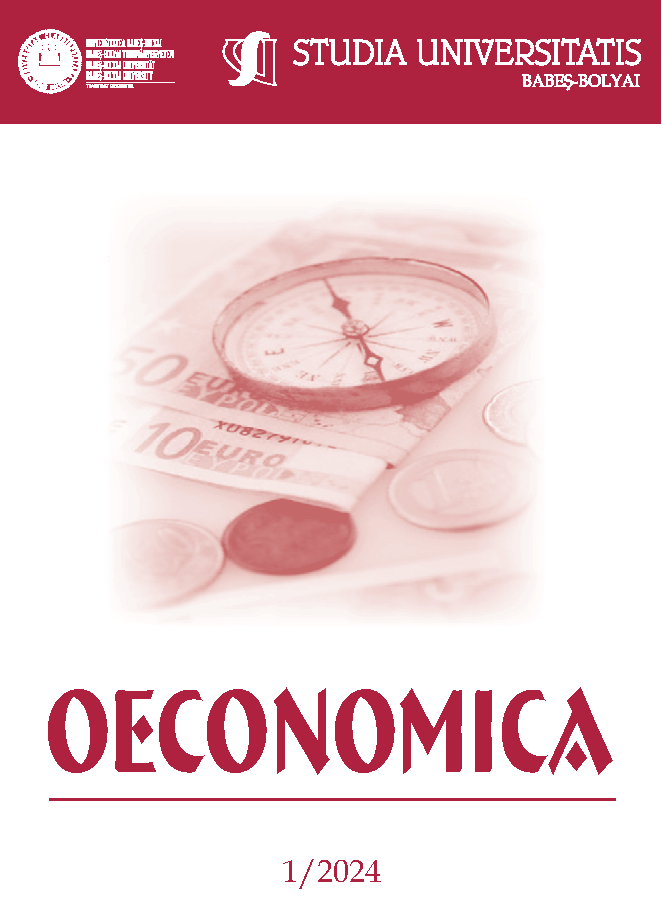HUMAN CAPITAL DEVELOPMENT, INCOME INEQUALITY AND PUBLIC SECTOR INVESTMENT IN NIGERIA
HUMAN CAPITAL DEVELOPMENT, INCOME INEQUALITY AND PUBLIC SECTOR INVESTMENT IN NIGERIA
Author(s): Evelyn Nwamaka Ogbeide-Osaretin, Ifeanyi Shedrack, Timothy AliuSubject(s): Micro-Economics, Public Finances
Published by: Studia Universitatis Babes-Bolyai
Keywords: Generalized Method of Moment; human capital development; income inequality; public sector.
Summary/Abstract: Human capital development of any country is believed to be the bedrock for sustainable economic development which seems to be linked to the level of income inequality. But there seems not to be an implied acceptance of flow of the linkage as evident from the high level of income inequality and low level of human capital development. Suspected among the causes of this is the role of the public sector. Thus, the objective of this study is to determine if there exists a dynamic feedback impact between human capital development and income inequality given public sector investment in Nigeria. The study employed the ARDL and NLARDL estimation method using data on human capital development index, income inequality, government expenditure in health and educational sector, among other variables for the period 1991-2022. Human capital development and income inequality were found to have feedback impacts. Public sector investment was found to be crucial while the existence of Kuznet’s hypothesis was established. Hence, the study strongly advocates for policy measures of pro-poor growth, reduction of unemployment, population growth and the degree of trade openness for the effective reduction in the country’s inequality gap and the development of human capital.
Journal: Studia Universitatis Babes Bolyai - Oeconomica
- Issue Year: 69/2024
- Issue No: 1
- Page Range: 1-20
- Page Count: 20
- Language: English

